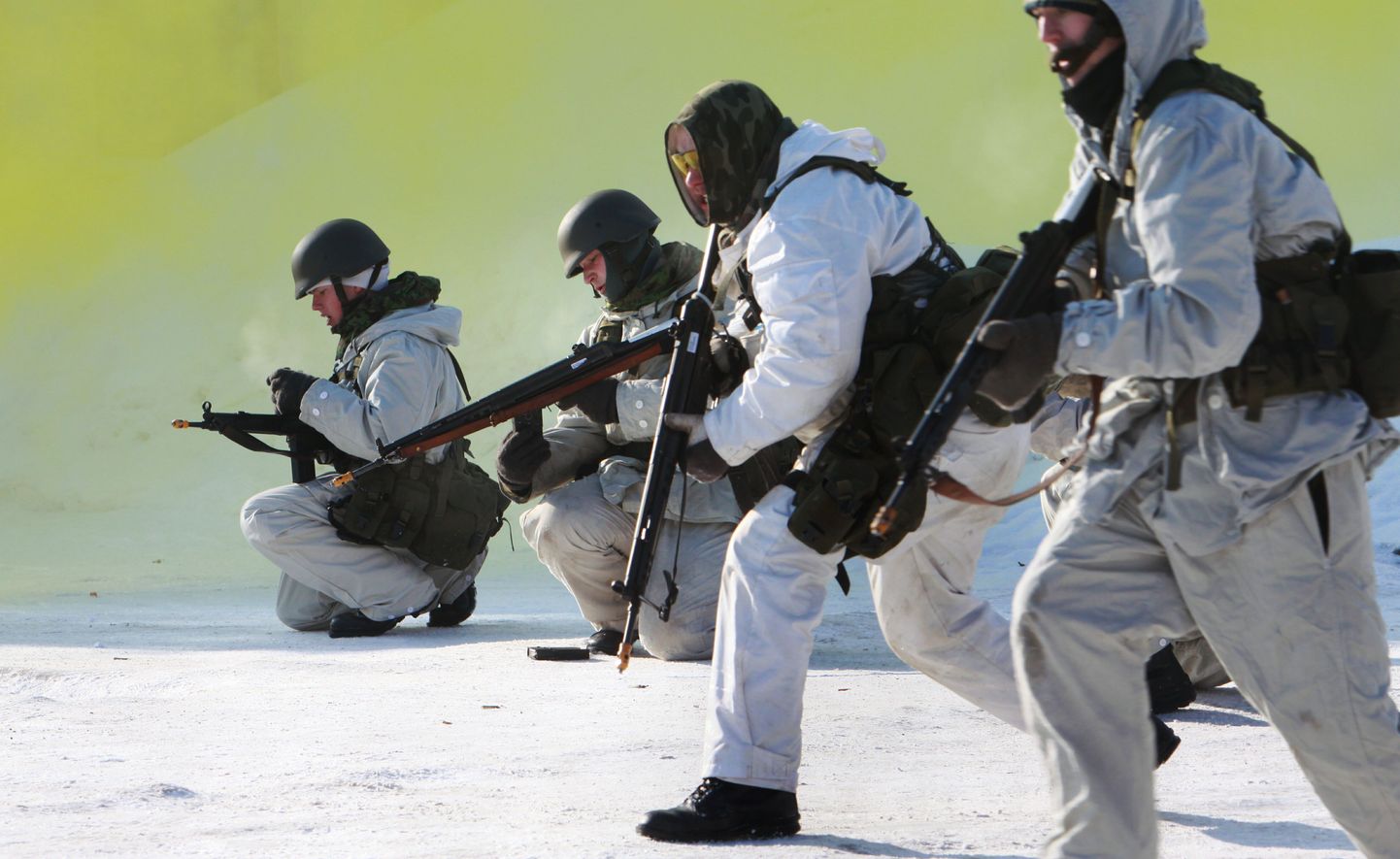
The new Defence League Act passed by Parliament updates the previous one, which had been in force since 1999, but does not change the basic nature of the Defence League, reported Ministry of Defence.

The new Defence League Act passed by Parliament updates the previous one, which had been in force since 1999, but does not change the basic nature of the Defence League, reported Ministry of Defence.
The Defence League will remain a volunteer-based, militarily organized, arms-bearing national defence organization that is involved in the carrying out of military exercises.
Defence Minister Urmas Reinsalu said that for Estonia, the Defence League represents a unique model that allows the free will of citizens to be a component of national defence. “The new national defence development plan places a greater role on the Defence League in national defence and the new Defence League Act makes it easier for the volunteer initiative to be involved in the national defence, besides facilitating the carrying out of the functions for which the Defence League is responsible,” said Reinsalu.
As an important change, the new legislation provides for social guarantees for Defence Leaguers. Similarly to Defence Forces personnel, the state will now provide social benefits for Defence Leaguers as well, should they sustain injury in the line of duty; the social benefits are equivalent in their nature and amount to those enjoyed by the Defence Forces. Defence Leaguers who are injured while serving as assistant policemen or taking part in rescue missions will now subject to the same benefits enjoyed by assistant policemen and volunteer rescue personnel.
The new law also provides more flexible grounds for use and acquiring of Defence League weapons, among other things allowing Defence League members to use both military-issued and personal weapons in exercises.
The new Defence League Act entitles all Defence League members to receive up to 10 days of leave per year to take part in Defence League exercises. To this point, only Defence League members employed in the public sector had had this right, which was unequal with regard to those working in the private sector and was problematic given the already limited time for exercises.
In addition to the nature of the Defence League, the law sets out the functions, structure and leadership of the organization, stipulating that the Defence League is a symbiosis of a national defence organization that exercises public authority and volunteer-based civic initiative. The act specifies concretely the scope of the jurisdiction of the Commander of the Defence Forces with regard to the activities of the Defence League – the role is limited to military training. The law also sets forth that the Defence League’s special organizations – Women’s Voluntary Defence Organization Naiskodukaitse and the two youth organizations Noored Kotkad and Kodutütred – shall be a part of the Defence League as its structural units.
The Defence League Act was drafted above all by Defence Leaguers themselves. The working group that drafted the legislation included representatives from the Ministry of Defence, the Defence League and the Defence Forces.